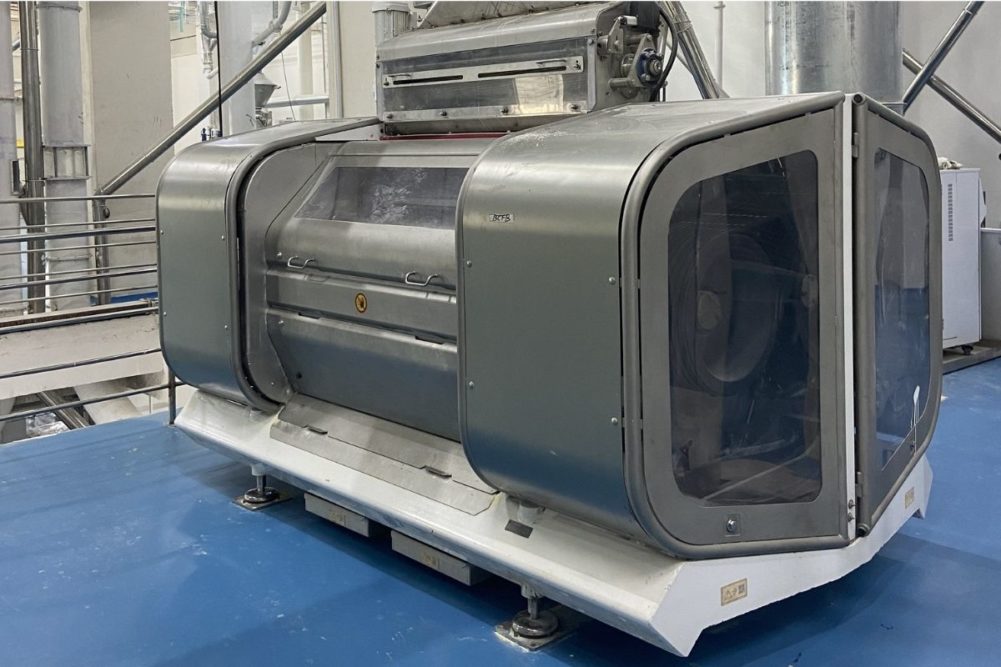PUNE, INDIA — Bühler has handed over its first Prime Masa plant in India to PV Sons Corn Milling. The facility will consumer 84% less water and 52% less energy compared to a traditional nixtamalization process and will produce 96% less waste.
The mill produces corn flour which is used for tortillas and nachos. India is one of the top 10 maize producers in the world contributing 2%-3% of the total maize produced globally. The country is one of the top five maize exporters in the world.
PV Sons Corn Milling, which started operations in 2006, is a family-owned business and one of the market leaders in the corn processing sector.
“Our association with Bühler is since the inception of PV Sons in 2006. At that time, we chose Bühler as it was the best equipment manufacturer for grain milling, perhaps holding the No. 1 rank,” said Parag Chheda, managing director of PV Sons. “Over time, Bühler has proved its mettle. Their machines have proven extremely reliable – work long hours without breaking down. Bühler’s performance in grain milling is like Mercedes in automobiles.”
After successful trials in Bühler’s Grain Innovation Center in Uzwil, Switzerland, PV Sons chose to integrate the line in their plant. The 4-tph nixtamal line was commissioned entirely in July 2021.
“We are extremely happy with the Prime Masa output,” Chheda said. “Its quality surpassed everything available on the local market. We knew we had a winner on hand, and we could place our bets on it.”
Corn tortillas and tortilla chips are made from specially treated nixtamal corn flour. In traditional production, the corn is cooked with lime and afterwards steeped for several hours before grinding. This process uses large amounts of water, producing plenty of wastewater, consuming substantial amounts of energy, and stripping the corn of important nutrients. For every kilo maize processed, 1.5 liters of water are consumed, with most of this water leaving the process as wastewater.
Bühler’s Prime Masa Nnxtamal process uses steam technology instead of cooking and soaking and therefore uses around 84% less water, enabling the production of tortilla flour with its typical flavor, as well as high quality and yield. The Prime Masa nixtamal process uses 150 liters of water, instead of 1,500 liters of water to process 1,000 kilograms of corn into nixtamalized corn flour. The steaming process is shorter than the traditional cooking process, which in turn leads to energy savings. The greatest advantage of Bühler’s nixtamal process is that wastewater is eliminated, and the flour has a higher nutritional value, the company said.
Daniel Garcia, process development manager at the Food Application Center said reducing water consumption and eliminating the wastewater (nejayote) brings benefits to nixtamal producers.
“First, since the Prime Masa process does not have wastewater, water does not have to be pumped, heated or treated, consequently reducing the overall energy consumption,” Garcia said. “Second, nejayote is not just a waste of energy, it is also a waste of yield and nutrients.”




